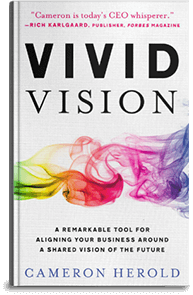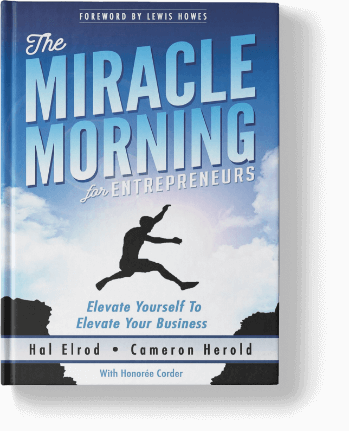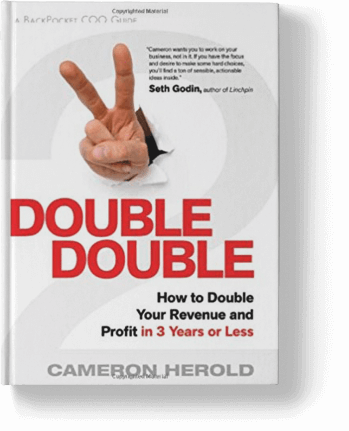Entrepreneurs are a rare breed. They’re creative, internally driven and obsessively committed. They’re also long-term thinkers who aren’t afraid to take on risk.
Here are some signs that you might be an entrepreneur.
You’re Creative
Entrepreneurs are able to drive innovation because of how creative they are.
“An entrepreneur’s mind revolves around new ideas and opportunities. There is a continuous and conscious effort required to look for niches and undertake the risks in entering them.” – Cleverism
You’re Internally Driven
Entrepreneurs are internally driven. While money and status are a nice bonus, it’s not the purpose of what they do.
“Throughout all the trials and tribulations, entrepreneurs reward themselves internally by realizing that they’re on a mission for the greater good. No matter how bad it gets, it’s their passion that motivates them between paydays and during all the times when everyone else tells them to quit.” – Forbes
No matter what they’re tasked with, entrepreneurs are the ultimate self-starters. They’re glass-half-full thinkers who won’t let anyone or anything get in their way!
You’re A Patient, Long-Term Thinker
Patience is one of the most common qualities among entrepreneurs. They understand that a good business isn’t built in a day and they’re not afraid to commit long term.
“To build something from the ground up, a real company, and make a tangible difference is going to take a lot of time, it is going to take many many years, decades perhaps; and that is where the patience is needed.” – Entrepreneur
Whether they’re sticking to one idea for the long-haul or trying multiple ideas to see what sticks, entrepreneurs are fully committed to finding out what works and what doesn’t.
You Were An Entrepreneurial Kid
If you’re an entrepreneur, chances are you’ve always been this way. You probably exhibited early signs of business curiosity or had a keen ability to problem-solve.
“Whether it is starting a lemonade stand in the neighborhood, or selling chocolate bars door to door, entrepreneurs usually show interest in making money at an early age.
Most kids don’t really know what they want to be when they grow up. However, many business owners will attest that they’ve ‘always been an entrepreneur’ in one way or another.” – Cameron Herold Blog
You’re A Passionate Recruiter
Entrepreneurs have a passionate way of communicating ideas that gets other people on board. They don’t just come up with ideas, they also know how to lure investors, assemble teams and inspire the public.
“Whatever you’re looking for — cofounders, investors, beta customers, technology partners — you need to be able to sell your vision. Because in the early days, people didn’t join you because of who you are today. They join you because of who you’ll be tomorrow.” – Groove
While they are internally driven, entrepreneurs know that they can’t get the job done alone. Their passion is what convinces others to join them!
Entrepreneurship is not for the faint of heart. Whether you’re an entrepreneur or merely have entrepreneurial tendencies, chances are you possess these qualities and more!
If you have questions or would like more information, I’d be happy to help. Please send an email, and my team will get in touch with you!




